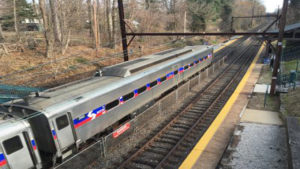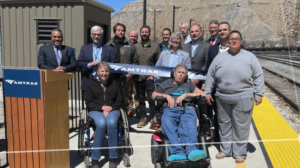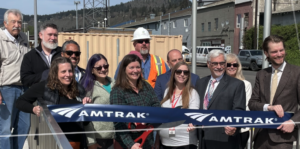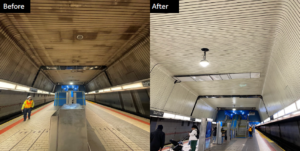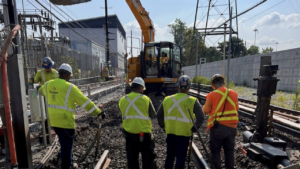Oregon lawmakers approve Columbia River Crossing funding
Written by Jenifer Nunez, assistant editorOregon Gov. John Kitzhaber has signed a bill that provides $450 million in funding for the Columbia River Crossing project, which partners the Oregon and Washington state departments of transportation in a proposal to replace the I-5 bridge, extend light-rail to Vancouver, Wash., improve interchanges and enhance pedestrian and bicycle pathways.
Governor Kitzhaber noted, “This is an important step forward for our state and the Pacific Northwest economy. By investing in a more efficient and effective transportation system for Oregon, we are providing a safer and less congested trip for freight and commuters.”
The bill was shaped by a joint committee in early February. The legislation includes several “triggers” or safeguards that place conditions on the release of Oregon state funding for the project. These triggers include that Washington must commit its state funding contribution; the Oregon state treasurer will review traffic and revenue projections produced through the Investment Grade Analysis and the project’s finance plan; the project receive a general bridge permit from the U.S. Coast Guard and the Federal Transit Administration submits a New Starts grant for $850 million for congressional review.
The Columbia River Crossing will expand travel options by extending an existing 52-mile regional light-rail system an additional 2.9 miles across the Columbia River to Vancouver. The new extension will end near Clark College in the Central Park Neighborhood and include a station on Hayden Island, four stations in Vancouver and three new park and rides. By 2030, the link is expected to carry more than 18,000 trips per day across the Columbia River.

